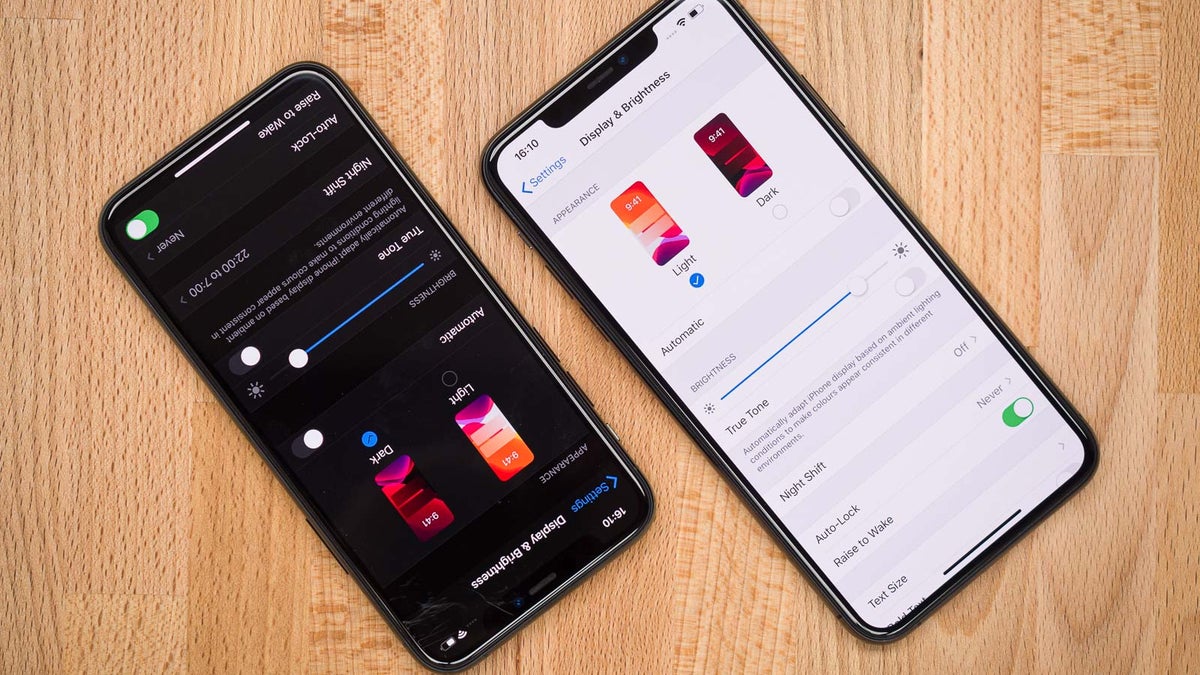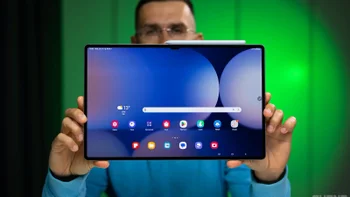The iPhone's more restricted take on customization feels liberating
This article may contain personal views and opinion from the author.
We may earn a commission if you make a purchase from the links on this page.

I'm platform-agnostic, no stranger to using an iPhone and an Android device simultaneously, and weirdly favoring none of the ecosystems over the other. This has allowed me to have a somewhat sober take on iOS and Android, taking them both for what they're worth. Each has its own strengths and weaknesses, and I'm blessed to be able to try them both on a plethora of different devices and experience them to the fullest, possibly beyond the capabilities of a regular Joe not in this line of work.
I'm also the guy at the office that probably has the most geeky outlook on Android's unhealthy customizability as I was often the butt of jokes, always migrating between launchers, icon packs, widgets, and Tasker plugins. That's only after my custom ROM phase ended for good, and I thank the Lord. At one point, I remember, my tinkering became so severe that I couldn't experience any Android device the way the manufacturer intended, as I had to customize it right out off the bat my way or using it was out of the question. Eventually, the untapped potential for tinkering became overwhelming to the point I abhorred the otherwise excellent Android ecosystem.
Android fans will definitely label this opinion as a sacrilege against their beloved operating system, but there are more than a few these in the field of psychology that seem to agree that the human being doesn't actually benefit from having too many choices ahead of itself. In fact, most individuals find themselves perplexed when presented with too much choices in front of them in contrast with a more simpler set of options. My favorite publication on the topic has to be Barry Schwartz' excellent The Paradox of Choice – Why More Is Less, which nails it: "Autonomy and freedom of choice are critical to our well being, and choice is critical to freedom and autonomy. Nonetheless, though modern Americans have more choice than any group of people ever has before, and thus, presumably, more freedom and autonomy, we don't seem to be benefiting from it psychologically." This, bundled with the FOMO (Fear Of Missing Out), makes having too many choices detrimental to one's happiness.
How am I supposed to enjoy this phone if I don't like the icons or want to emulate another phone's feature on it? How could I have a good night's sleep knowing that I could be setting up a killer homescreen layout in Nova Launcher?I greatly emphasize, but you probably catch my drift.
All of that ended swiftly when I took an iPhone for a spin and its restrictive nature quickly reined me in and kept me in check. No more launcher experiments. No more custom icons, and thankfully, no more useless tinkering. For better or worse, I was mostly stuck with what Apple had decided for me. It didn't take too long for my brain to "re-wire" itself. On iOS, the most paramount decision was choosing a wallpaper. Boring, I know, but suddenly, I wasn't a slave to pointless customization anymore. And you know what? I liked that.
That was roughly half a decade ago, but I haven't succumbed to my old habits yet. Even though I've been using more than 30 different Android devices in the meantime, I've made a point to keep things as simple as possible and stick with the original interface choices the manufacturer has made for me without meddling with the seemingly limitless customization options Android has in store for me. Sure, from time to time I fall into the customization trap, but I promise it's merely for work purposes. What the evidently restrictive nature of Apple's OS had done to me transcended into my overall smartphone usage and helped me achieve a much better digital health in the long run.
Follow us on Google News










Things that are NOT allowed:
To help keep our community safe and free from spam, we apply temporary limits to newly created accounts: